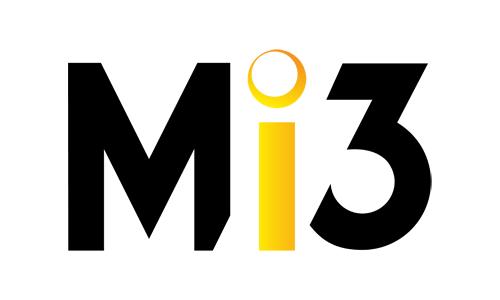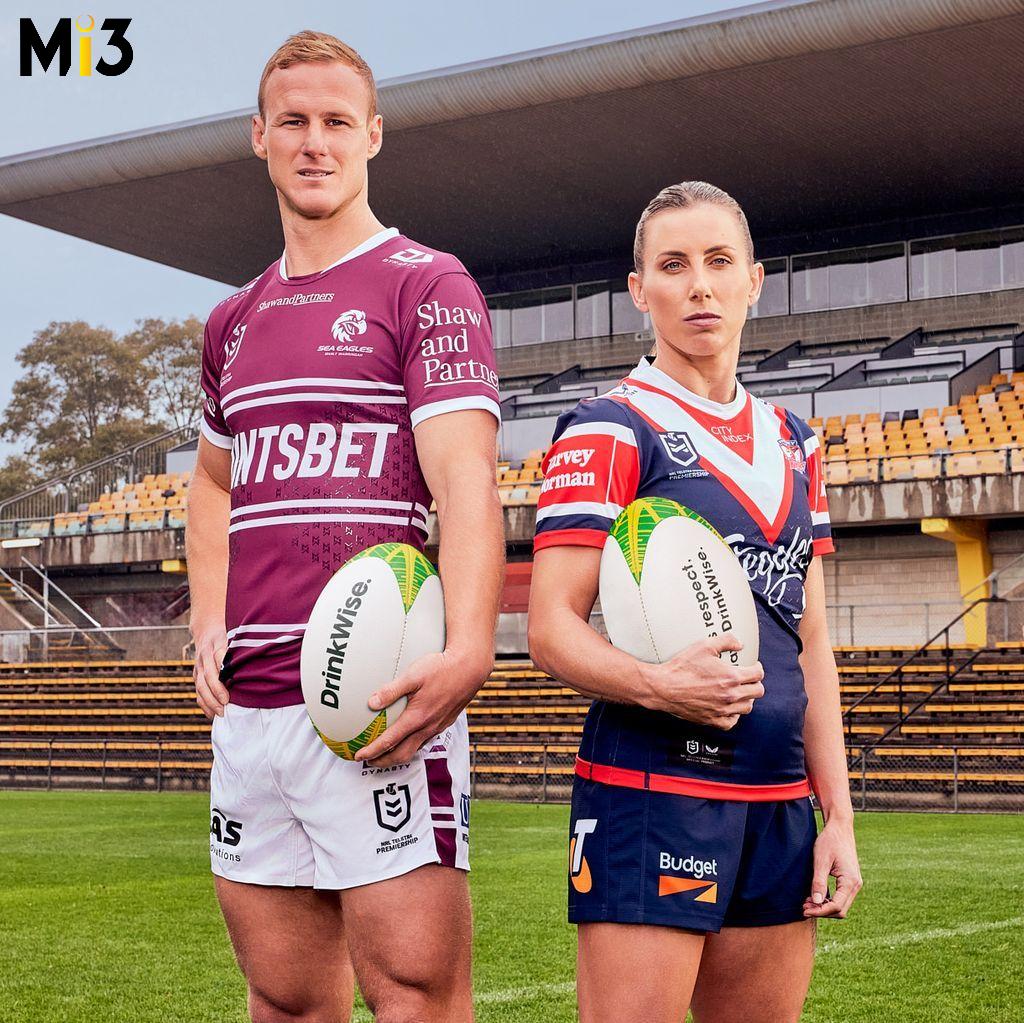The latest analysis of SVOD growth rates from tech and telco analyst Telsyte proves one thing: fear of streaming services losing subscribers by pivoting to ads is overblown: They’re growing – though some more than others. MD Foad Fadaghi says ads, plus AI personalisation, integration and format innovation, will power the next growth cycle but streaming growth has peaked. Omnicom investment chief Kristiaan Kroon suggests Stan, Nine’s ad-free SVOD holdout, should heed that lesson because Nine has something globals like Netflix and others do not: “A really sophisticated, at scale, sales infrastructure, which means they could make really good money from an ad tier.” There’s more competition incoming from HBO and Disney. But Kroon reiterates that the best sales wins because unlike the US and UK, Australia’s premium end of town doesn’t operate on fully automated systems and open exchanges. “They are still very much handheld markets.”Who’s winning right now? “Amazon Prime and then Binge and Kayo. Why? They have come to market with scale, both have sales teams, both have sophisticated data infrastructure,” per Kroon. He thinks streamer ad tiers will eclipse his earlier predictions of $75-$100m take in 2024 with Amazon, Kayo and Binge taking most of the pie. Next year, he thinks SVOD ad tiers could beat $200m, but there’s debate about how big ad-streamers like Amazon and Netflix actually are. Fadaghi suggests 80 per cent Telstye’s estimated 4.8m Amazon Prime subscribers could technically receive ads. Kroon puts the active Prime user base around 2-2.5m, broadly on a par with Nine and Seven. There’s also an effectiveness debate, with data from Adgile suggesting streamers can’t yet match TV’s results. Kroon says the MMM-effectiveness-ROI debate has become “very finger pointy in recent months”, but agrees there’s a gap to close.Ultimately, he thinks local content integration could prove decisive in determining winners and losers – and for some of the globals, Australia may prove too small.”I don’t see how we can support that many BVOD, SVOD [players] – and we haven’t really even talked about YouTube and the amount of ads that are served on CTV now,” says Kroon. “There’s only going to be a certain number that can be supported.”Fadaghi predicts the streamers will triple in size to 10m subscribers in the next four years, “with more than a third on ad tiers.”
Author: admin
Aussies remain sceptical of ads, prefer offline channels, finds Kantar’s Media Reactions Study
Australians continue to display a higher level of scepticism towards advertising compared to the global average, according to Kantar’s 2024 Media Reactions study. The research reveals that offline channels are perceived as more trustworthy, offering better quality and commanding more attention from Australian audiences.
Drinkwise unites AFL and NRL stars in new campaign for responsible drinking
Evidence-based social change organisation, Drinkwise, has launched a new campaign that brings together stars from both Australian football codes to promote respectful and responsible alcohol consumption throughout the finals season.
Bakers Delight pits itself against supermarket bread in new campaign from Hero
Bakers Delight has partnered with independent creative agency Hero to launch a new campaign that highlights the Australian bakery chain’s commitment to using real ingredients and baking fresh bread daily in family-owned Australian bakeries.
Creators as the ultimate people-to-people commerce channel: Redefining influencer marketing beyond brand ROI to revenue generation through social commerce, affiliate marketing, marketplaces and tech
Influencer marketing has become a staple of modern brand marketing, but recognising and rewarding creators for direct revenue generation hasn’t been a big part of the value exchange. Until now. With better management platforms and measurement tools comes more visibility of the influencer’s impact through the funnel, making it clear just how much of a growing role these cultural and community forces play in delivering sales. Take the latest figures from Commission Factory on affiliate marketing sales through its platform: Influencers grew their share of transactions globally by 8 per cent in two years, and were 18 per cent more successful off the back of Black Friday and Cyber Monday sales peaks last November than they were in 2022 – a sure sign of their growing bottom-line impact. Retailers and marketplaces are paying attention. Influencer-specific affiliate programs and offerings from Walmart as well as Amazon are commissioning influencers for product recommendations in their own personalised shop-within-a-shop. Yet it goes beyond that: Social commerce tools have made it ever-easier for influencers to become direct commerce conduits without the retail middleman. All this points to new revenue stream for Australian creators, say Australian Influencer Marketing Council’s Patrick Whitnall and Impact’s Nick Randall. But it means we have another new avenue in a growing proliferation of commerce channels brands must navigate, says Arktic Fox founder, Teresa Sperti.
Breaking good: Netflix hits 800k Australian ad tier subs, drops rates, bets on programmatic over local sales heft, hedges on currency breakaways
Netflix took $6m each off Australia’s major media buying groups then left them fuming as it initially massively under-delivered on its ad tier. Rivals like Foxtel-owned Binge and Amazon shook their heads, instead rolling subs onto ads automatically unless they paid more – and took plaudits from buyers for hitting the ground running. But the fable of the hare and the tortoise may yet apply. Now Netflix is getting serious with an in-house sales team, ad stack, new formats and is acquiring reach at speed. Local business development chief Ben Cox hints there may be another incoming boost.
Unit economics lessons: Investment banker turned ecom entrepreneur says social, search ad rates, customer acquisition now unviable for ecom pureplay, DTC profits without retail media
For anyone in ecom or performance marketing, it’s time to downweight ROAS and ROI and laser focus on unit economics, says former investment banker (her last big deal was the Myer float) turned entrepreneur Carla Penn-Kahn. She was early into ecom and left Credit Suisse to launch four of her own – Kitchenware Australia, A Gift Worth Giving, Everten and Buy My Thing. But she sold her last venture last year when she realised it had hit peak profitability. With performance ad prices doubling in four years, and Amazon reaching full speed, the unit economics weren’t going to get any better. Penn-Kahn thinks direct-to-consumer trailblazers now face the same dilemma, because they can no longer sustainably scale through advertising and VCs are sharpening their bottom line focus as much as the top. Hence she’s cool on the outlook for many, but particularly the likes of The Iconic, Temple and Webster, Adore Beauty and Australian marketplaces like Woolworths-owned Catch, which last week put a $96m dent in Wesfarmers’ balance sheet. Loyalty programs and retail media offers a lifeline for some, per Penn-Kahn, but most DTC brands don’t have the latter option.
Unstereotype Alliance Australia advocates for progressive disability representation in media
Unstereotype Alliance Australia, convened by UN Women, is set to participate in the inaugural Driving Change Disability Employment Summit in November, with the aim of promoting progressive disability representation in advertising and media content beyond the Paralympics.
CommBank data shows rising solo home ownership and government assistance to get Aussies into property
New data from CommBank reveals a growing trend of first home buyers purchasing property alone or seeking government assistance.
Bupa’s ‘Beyond the Games’ campaign: A leap forward in inclusive advertising
Bupa’s latest campaign, ‘Beyond the Games’, is making waves as the first commercial production to be officially certified by Inclusively Made. Created by Thinkerbell, the campaign marks a significant stride in inclusive advertising, prioritising diversity and accessibility at every stage of production.










